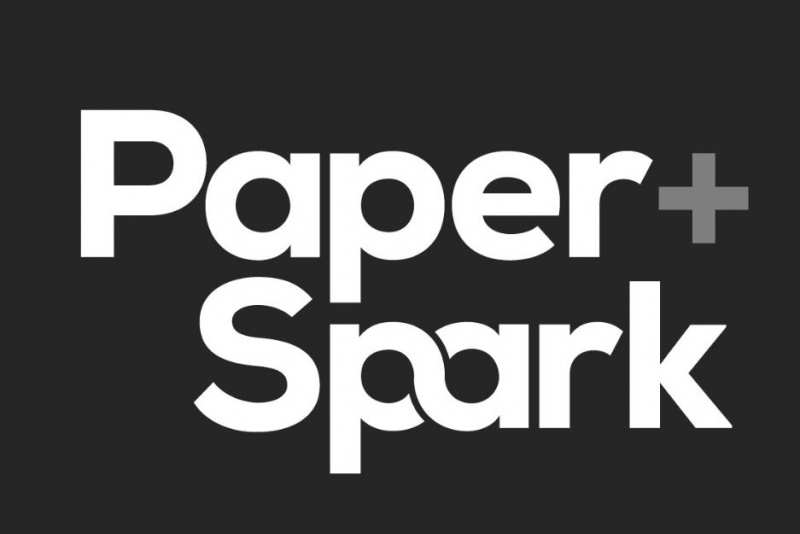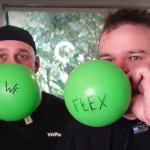We now have over 150 clients using NDIS funding to work with a personal trainer! Let me walk you through it as well as the NDIS personal trainer price guide.
It was like three days after starting WeFlex – a company that provides personal training services to people with a disability on the NDIS – that it was explained to me that almost NOBODY has personal training funding in their NDIS plan.
I was off to a great start…
However. After a lot of time working with NDIS professionals, I realised you don’t NEED personal training in your NDIS plan to access these services. As it stands, we have over 100 clients and I can count on one hand the number of our clients using that line item.
So, how does it work?
There are 4 different items across both the NDIS core and capacity building support categories you can use to fund your first WeFlex session. Because we work in the general community, at your home and in local gyms (as opposed to ‘special’ gyms’ .. eww) we are supporting the NDIS participant with social and community participation. Which can be funded. Check out the graph below as these are all items we leverage for our clients to access NDIS funding for personal training.
NDIS funding categories for personal training
| NDIS Support Category Number | NDIS Support Category | NDIS Support Category Name | Example of Support by WeFlex Trainer |
| 4 | Core Supports | Assistance with social, economic and community participation | A WeFlex trainer facilitates a fitness activity in the community to allow participants to socially engage |
| 9 | Capacity Building | Increased social and community participation | A WeFlex trainer engages a participant in regular physical activity, including walking, to increase a participant’s fitness levels and confidence so that they can walk to shops independently. |
| 12 | Capacity Building | Improved health and well-being | A WeFlex trainer provides personal training to a participant to improve their health and wellbeing. |
| 15 | Capacity Building | Improved daily living skills | A WeFlex trainer works as an allied health assistant to provide personal training under the recommendation of the participants allied health therapist and therapy plan, to improve daily living goals. |
The NDIS personal training price guide
As it stands the NDIS personal training price guide is a single line item standing on its own (see below), in its own little capacity building category along with exercise physiology under improved health and wellbeing (we have also outlined this above under support category 12). This makes it seem like it is a specific function with a specific outcome for specific goals – but the truth is the benefits of personal training are so varied that it does contribute to all types of goals and people. It is outlined as below
The supports in this support category help participants to improve their health and wellbeing.
Physical Wellbeing Activities
These support items maintain or increase physical mobility or well-being through personal training or exercise physiology. Physical well-being activities promote and encourage improved physical capacity and health.
These supports can only be delivered by the following types of professionals:
- Exercise Physiologist – A person who is an accredited exercise physiologist with Exercise and Sports Science Australia.
- Personal Trainer – A person who has a personal training qualification (Certificate III, IV or Diploma) in Fitness or equivalent.

Above image taken from page 86 of the 23/24 NDIS Pricing Arrangements and Price Limits Guide (previously the NDIS Price Guide)
More than just improved health and wellbeing
For the NDIS core funding category ‘Assistance with Social, Economic and Community Participation’ – considering our personal training sessions often occur in the local community whether it be in the park or local mainstream gym – it does assist with community and social participation. Similarly for the capacity building support ‘Increased Social and Community Participation’ it is literally increasing social and community participation – while getting in a good workout.
As for the latter two, ‘Improved Health and Well-being’ as well as ‘Improved Daily Living Skills’ often people have broad goals around improved well-being and are trying to stave off the affects of ageing, degenerative conditions or simply living a sedentary lifestyle. Many participants report that the personal training sessions are supporting them in their allied health therapy, as increasing strength, range of motion and gross motor skills are beneficia in many facets of allied health work.
This was always a goal of ours, to connect people to their local communities through the gyms and fitness/leisure centres. The benefits of exercise combined with the benefits of improved social engagement and connection to local community. Winner.
WeFlex NDIS personal trainers – A great supplement to other NDIS support services and therapies
If your goal is less social and more health aligned – our personal trainers can pair with an NDIS exercise physiologist and work under their recommendations and exercise prescriptions. The NDIS personal training line item is less than half that of exercise physiology so you can get more bang for buck – if appropriate.
In NO WAY are we saying, personal training is a substitute for existing therapies, but what we’ve learnt is that it is a brilliant supplement for existing therapies. It has shown to help our clients with occupational therapy and other allied health therapies.
If you or someone you know is ready to chat with a NDIS personal trainer, click here to get in touch 💚💪
To help educate you more we have included a link below to the NDIS Price Arrangements & Price Limits, formerly the NDIS Price Guide. This is updated frequently so stay tuned for the latest version.

Download the complete version of NDIS Pricing Arrangements and Price Limits 2023-23.pdf
About WeFlex
Frequently Asked Questions About NDIS Funding For Personal Training
Does NDIS cover gym equipment?
The National Disability Insurance Scheme (NDIS) provides funding to Australians with a disability to help increase their independence and quality of life. While NDIS does not cover the cost of purchasing gym equipment directly, it does provide funding for personal training services which may include the use of gym equipment within a gym or private setting.
For example, an NDIS participant may choose to use their funding to access one-on-one personal training sessions at a gym via WeFlex, which may include the use of gym equipment.
Do the NDIS fund gym membership?
The NDIS supports a range of services and activities designed to improve the quality of life for those living with disabilities, and this can includes gym memberships but it is reviewed on a case by case scenario. We can’t comment specifically, but in our experience it’s more common than not it won’t be covered unfortunately.
You can read an example of the information and a review of a sample case from the NDIS.gov.au website here.
Does NDIS Funding Cover Personal Training?
The short answer is Yes, you can access funding via the NDIS for your personal training. The extended answer is, that it really depends. We recommend reading the above article, discussing with the NDIA directly and talking to our team to work through your plan individually to work out how you may access the funding.



